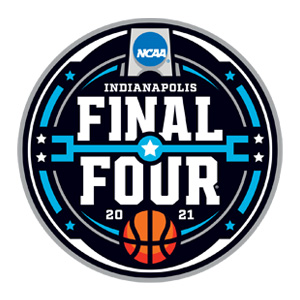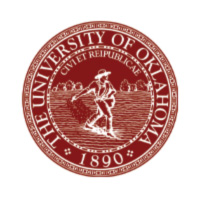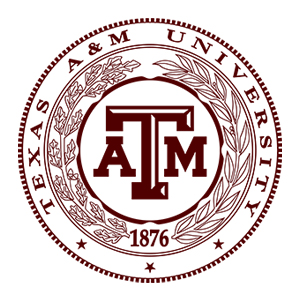ATHLETES
Title IX, coach training, and team building
Our Work with Athletes
Playing to win on the field means training to win off the field. Engage student athletes on consent and sexual misconduct, train coaches in comprehensive response to allegations of sexual misconduct and strengthen upstander skills with team building exercises. Driven by efficacy data, our programs statistically improve knowledge, attitude, behavior, and bystander empowerment around sexual misconduct from pre-test to post-test.
We offer:
- NCAA-required training on sexual misconduct, consent, and Title IX
- Workshops on mental health, stress, and anxiety
- Comprehensive consulting on athletics handbooks, staff issues, and risk management
- Coach training on sexual misconduct response and reporting
- Student-athlete leadership and bystander training








Sample Programs
Coach Training on Title IX
- Definitions and reporting mandates of Title IX
- Transparency, equity, and victim-centered sanctions, support, and education
- Maintaining neutrality with accused and accuser
- Appropriate Coach-Student Athlete boundaries
Diversity & Inclusivity
- Bias and prejudice
- Intentional vs. unintentional discrimination
- Benefits of inclusivity
- Communication skill practice
- Adopting and fostering mutual respect
Consent & Sexual Misconduct: I Said – You Said
- Valid consent and coercion vs seduction
- Alcohol and other drugs impact decision-making abilities and consent validity
- Exposing myths and stereotypes contributing to and perpetuate sexual violence
- Communicate strategies about expectations and boundaries
- Bystander skills and intervention strategies
- Definitions and reporting mandates of Title IX
- Transparency, equity, and victim-centered sanctions, support, and education
- Maintaining neutrality with accused and accuser
- Appropriate Coach-Student Athlete boundaries
- Bias and prejudice
- Intentional vs. unintentional discrimination
- Benefits of inclusivity
- Communication skill practice
- Adopting and fostering mutual respect
- Valid consent and coercion vs seduction
- Alcohol and other drugs impact decision-making abilities and consent validity
- Exposing myths and stereotypes contributing to and perpetuate sexual violence
- Communicate strategies about expectations and boundaries
- Bystander skills and intervention strategies
“I just wanted to drop you a brief note to again thank you for the marvelous presentation that you did for our student-athletes. As I indicated that night, in 13 years of doing educational programming for our teams, I have never seen such devoted attention and respect as they gave you. What you had to say to our kids and the way you said it was precisely what I was hoping our athletes would hear.”
646.535.0120
646.535.0120
© 2025 Campus Outreach Services.
All Rights Reserved.
